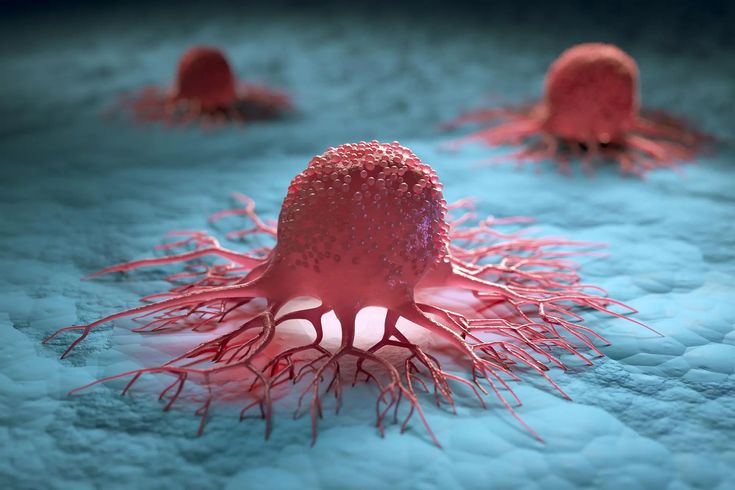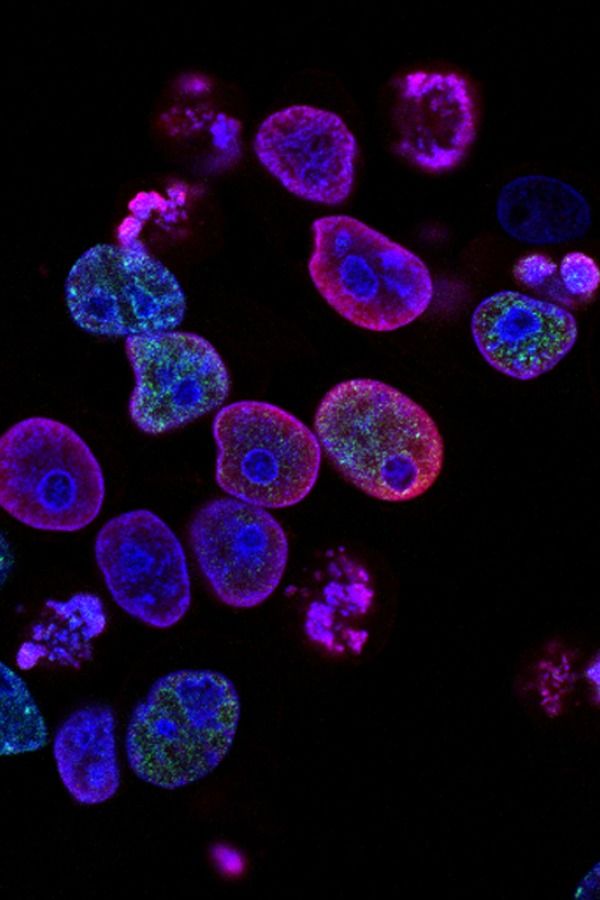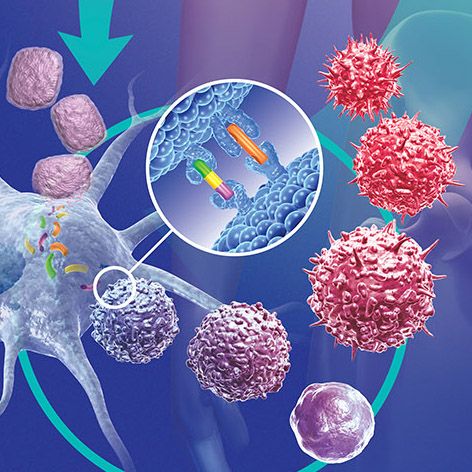Cancer is a complex group of diseases characterized by the uncontrolled growth and spread of abnormal cells in the body. It can arise in almost any tissue or organ and is classified into various types, including carcinomas (cancer of epithelial cells), sarcomas (cancer of connective tissues), leukemias (blood cancers), and lymphomas (cancers of the immune system).

Causes and Risk Factors
The development of cancer is often linked to genetic, environmental, and lifestyle factors. Common risk factors include tobacco use, excessive alcohol consumption, poor diet, lack of physical activity, and exposure to carcinogens like radiation and certain chemicals. Additionally, family history and genetic predisposition can significantly increase an individual’s risk.
Symptoms
Symptoms of cancer vary widely depending on the type and stage of the disease. Common signs include unexplained weight loss, persistent fatigue, pain, changes in skin appearance, and unusual bleeding. Early detection is crucial, as it significantly improves treatment outcomes.
Diagnosis and Treatment
Diagnosis typically involves imaging tests (like X-rays and MRIs), biopsies, and blood tests. Treatment options vary based on the cancer type and stage and may include surgery, chemotherapy, radiation therapy, immunotherapy, and targeted therapies.

Prevention and Awareness
Preventative measures, such as regular screenings, vaccinations (like the HPV vaccine), and maintaining a healthy lifestyle, play a vital role in reducing cancer risk. Public awareness campaigns emphasize the importance of early detection and lifestyle changes in preventing various cancers.
Understanding cancer is essential for effective prevention, early detection, and treatment, fostering hope for improved outcomes and survival rates for those affected by this disease.
4o mini
